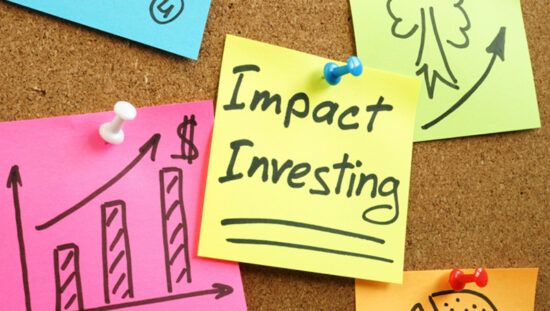Achieving net-zero carbon dioxide emissions globally by 2050 is an economic task of staggering size. Bill Gates recently said reaching net zero would be humanity’s greatest ever achievement.
“It will be the most amazing thing humanity has ever done. If you look at the history of the physical economy, we have never made a transition like we are talking about doing in the next 30 years,” he said in an interview.
See also: – Rolling stream of net-zero announcements
The scale of change presents both opportunities and risks for companies. The rewards from successful innovation will be huge, while rising costs of carbon will hit some companies’ profits.
Political impetus
The appointment of John Kerry as the US presidential envoy for climate is an event whose significance should not be underestimated. Kerry is personally committed to climate diplomacy, having been instrumental in negotiating the Paris Accord in 2016. The Trump administration’s virtual absence from climate talks will now be reversed, and Kerry is expected to seek an ambitious deal at the UN Climate Change Conference, COP 26, to be held in Glasgow in November 2021.
Kerry’s appointment should accelerate climate change policy. Of course, political changes are always at risk of being thrown out by a subsequent administration, and the acquittal of the former president at his second impeachment trial has opened the way for a possible Trump challenge in the 2024 election. This may steel Biden, Kamala Harris and Kerry to go further than they would otherwise have done on climate change.
Meanwhile, the EU has made its Green Deal, a plan to cut emissions while bolstering the whole economy, a top priority. As part of this, it is assessing various mechanisms including a border mechanism that would establish a carbon content price on imports.
Measuring impact
With this landscape of regulatory, legislative and technological convergence, it is a key focus on the Jupiter Global Sustainable Equities strategy to ensure our investment strategy is fully aligned to the key climate change target of net-zero emissions by 2050 and the 1.5C temperature goals of the Paris Accord.
We achieve this for our clients through two key techniques. The first is mitigation. We mitigate direct risk by avoiding direct exposure to high carbon-emitting sectors that are not well positioned to transition to a decarbonised economy and by investing in companies whose products and services directly enable emission to be reduced.
The second technique is adaptation. We invest in companies that provide a range of services from climate change storm insurance to wastewater removal infrastructure. All portfolio companies that have decarbonised their operational footprint in line with recognised standards on the path towards net zero and are therefore better positioned to navigate an economic landscape that will have externalities priced into the cost of business.
Evidencing this approach is key for our clients to understand how their savings are aligned to a net-zero economy.
We calculated last year that more than 231mn tCO2e were avoided by customers benefiting from our investee companies’ products and services, equivalent to the emissions from a Boeing 747 making nearly half a million flights to New York.
When investing, we look for companies on the right side of the seismic shift that will be caused as the world combats climate change. For example, software company Adobe set an ambitious 100% renewable energy goal several years ago. Adobe plans to achieve its climate goals without having to rely on unbundled renewable energy credits or carbon offsets, which is important in our view. It is also a key enabler of companies decarbonising their everyday operations, by digitalising documents.
As an example, for every 1mn transactions using Adobe Sign instead of traditional print, sign, or scan, over 27mn gallons of water, 1.5mn pounds of waste, and 1mn metric tonnes of CO2e is avoided. As mass digitalisation accelerates, we think Adobe’s software is poised to benefit from that transition.
When looking for portfolio investments, we look for companies doing more than merely giving net-zero a nod. Corporate policies on their own are not enough. They must be actionable, and measurable by shareholders. We also require evidence that progress cannot be undone again at a later stage.
The rate of acceleration with regards to this development is significant. Clients are becoming aware that their decisions matter to the future of the planet and the people on it. How clients are positioned during the transition to net zero will play an increasingly important role in determining which companies succeed, and how well they perform in the long term.








